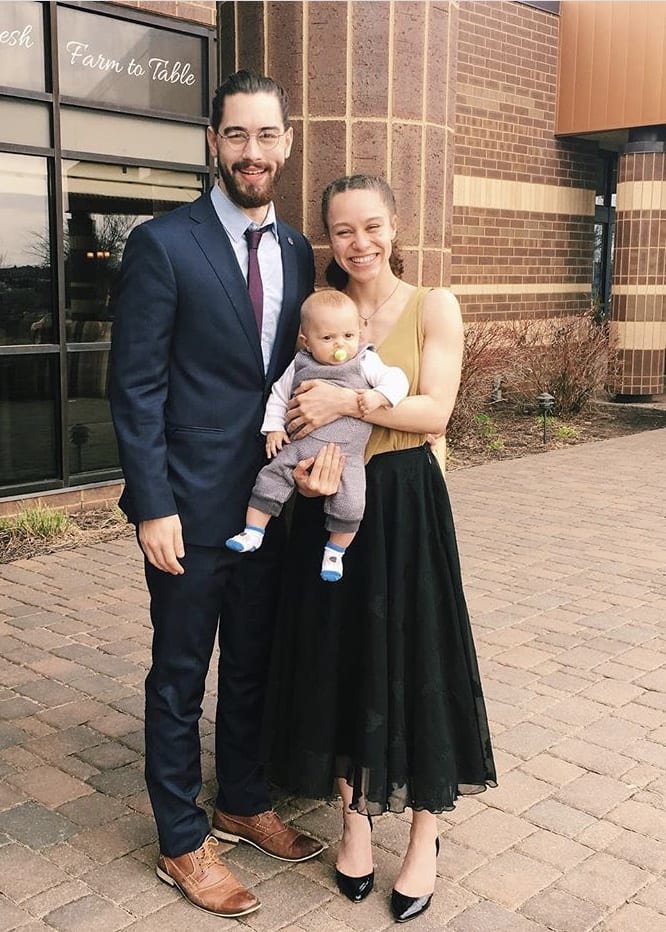
A crisis like Covid-19 presents many leadership challenges: we have never been here before!
There is no well-worn path; no lamp posts to show the way; no maps to guide us. Leaders around the world are forging new ways to lead within our new framework.
Here are 7 principles that I’ve been applying that may be of help to you:
1. Slow down and take time to understand
Leaders are, by nature, action oriented and crisis requires urgent action. But, amidst the unknowns of a crisis, it is vital to take time to fully understand the situation and the subsequent implications for your organization.
In this era of information overload and 24-hour news, it can be difficult to differentiate between fake and factual news. It is critical to have systems, processes and people around us to help filter information and identify trusted sources. Just as a doctor’s ability to help the patient depends on the accuracy of the diagnosis, a leader needs the right information to be able to make the right decisions. Please avoid the temptation to do what everyone else is doing! And understand the problems, issues and impact that is unique to you and then act.
In a highly fluid situation like the current pandemic, when the targets are constantly changing, we must continually re-frame our understanding of what’s happening. While leadership usually requires quick responses and action, shooting before aiming or shooting because everyone else is shooting can have disastrous consequences. So, take time to understand.
2. Feel the emotions
Leaders generally operate logically, strategically and with clear plans. But in a crisis, emotions and feelings override logic for most people. This disparity can create a gulf between followers and leaders. It is important that leaders change gear—if you don’t connect with the emotions of the people you will not be able to influence and lead them as effectively. This doesn’t mean that we need to agree with their feelings, but we do need to respect them.
It is also important that we address the negative emotions with positive emotions rather than logic and strategies. People fearing loss of health, loved ones or jobs are not looking for a strategy—they want reassurance from someone who they feel “understands” them.
3. Over-communicate
In a situation like Covid-19 it is easy to think, “There is plenty of information out there, what can I add that is not already said?” In fact, this is the time to communicate more than normal. In uncertain times people need familiar and trusted voices, so your voice to your people is critical.
In uncertain times people need familiar and trusted voices, so your voice to your people is critical.
Normally, I meet with our management team four times a year—now I’m meeting with them once a month; my monthly meeting with our executive team has become weekly. And we have introduced new technological platforms to enable communication through multiple channels.
Most of us love to communicate good news, but the role of a leader is to be the bearer of both good and difficult news. Never compromise truth to win over people for the short term, because in the long-term, truth will come out and people will feel betrayed. Don’t allow positivity to cloud facts and truth. The leader’s job is to speak what people need to hear, not what they want to hear.
4. Reframe the questions
During a crisis like Covid-19, people have all sorts of questions and one of the leader’s responsibilities is to help deal with them. Some questions need to be answered, but don’t fall victim to answering all questions. In adversity, people quickly turn inwards: how does this affect me and my family; what happens if I get sick, lose my job, etc. While we need to reassure and comfort people, it is important that leaders reframe questions to help people move from inward-looking to outward-looking.
In John 9, Jesus was asked the question, “Who sinned, this man or his parents, that he was born blind?” The question was trying to put the blame on someone for the present realities.
Notice Jesus doesn’t answer the question. Instead, he totally re-frames the situation with this statement: “Neither this man nor his parents sinned; he was born blind so that the works of God might be revealed in him.”
In our current context, many people are confused and asking questions such as:
- Where is God in all this?
- Why did God allow this?
While we need to help them answer relevant questions in appropriate ways, we can also re-frame questions like:
- God, what are you doing through this and how can I join you in it?
- What are you saying through this?
- What needs to be changed in me?
5. Guard your heart
As leaders we often have to carry great pain. I know so many who have had to make reductions and put off staff in the last few weeks; staff who they love like their own family. When you are surrounded with loss and pain, it is easy to become overwhelmed or immobilised.
Yes, the hurt is real. We need to acknowledge the pain, but if you allow it to seep into your heart and embed inside you, then you will not be able to lead the vision. In the same way that a boat is proved by the water, leaders are proved by problems and pain. But, like the boat, we will sink if we allow the problems and pain inside us.
Remember those aeroplane instructions—please fit your mask before you help others. If you are not healthy and well, you are not able to help anyone. This is why the Bible instructs us to continuously guard our heart. Be a good gatekeeper and decide what you will allow inside. If you have already allowed the pain and hurt to settle in your heart, please don’t pretend—get help to deal with it immediately.
6. Find opportunities
While others are still weeping about the losses, smart leaders are already looking for opportunities. Every crisis has great opportunities hidden inside. In fact, the Chinese word for “crisis” includes the two characters signifying “danger” and “opportunity”.
We cannot assume everything will be the same and business will continue as usual once the pandemic ends. I believe many things will change and that means endless opportunities for leaders who are ready. The leaders who are diligent, have eyes to see, courage to adapt and ability to move quickly, will have great success in the future.
The leaders who are diligent, have eyes to see, courage to adapt and ability to move quickly, will have great success in the future.
As Winston Churchill said, “Never waste a good crisis!” This is a great opportunity to challenge our accepted reality, make changes, prune dead wood and get ready for creating and taking advantage of new opportunities.
7. Accept your limitations
Crisis will expose needs and lack in a way that can overwhelm us. The magnitude of needs can be beyond our capacity. Examine what your responsibilities are and don’t own what is not yours. Remember that God will not hold you accountable for what He has not given you.
While leaders need great confidence to lead, we also need to realise that we are not “superhuman”. We each have limitations. You as an individual are not called to solve all the problems of the world. You need to prioritise those that you are responsible for and channel energy towards them rather than become paralysed by everything around you.
In times like this, know that you are going to make mistakes, so give yourself and your team the space to do so. Reassure your people that you and the team will be doing everything possible and will give them your very best, but also seek their understanding and grace in advance if we fail to meet their expectations.
As a follower of Jesus, let me say that none of this has caught God by surprise and He promised that He will bring good through everything. So, above everything else is prayer, can. I urge you to pray and lean on Him and receive His special grace and peace for this season. He also invited us to ask Him for wisdom if we need it.
Know that you can, and will, make it through this and at the other end of Covid- 19, you will be a stronger and better leader.






 Months later, my husband, who grew up attending The Global Leadership Summit, encouraged me to go in 2019. Before going, I didn’t even realize I wasn’t doing what God was calling me to do. I didn’t even realize I needed to have a change of heart. But the speakers really challenged me to look inward. I realized I had a life to lead and people to love. I think we go about life unaware of what is going on within us, and I think because the Holy Spirit is present at the Summit, and through the experience, darkness is brought to light.
Months later, my husband, who grew up attending The Global Leadership Summit, encouraged me to go in 2019. Before going, I didn’t even realize I wasn’t doing what God was calling me to do. I didn’t even realize I needed to have a change of heart. But the speakers really challenged me to look inward. I realized I had a life to lead and people to love. I think we go about life unaware of what is going on within us, and I think because the Holy Spirit is present at the Summit, and through the experience, darkness is brought to light. Another victory has been sharing a bit of mine and mom’s story and seeing the joy that brings her. I was conceived out of rape and my mom chose life for me. Because of this, I truly view my mom as a hero. As I’ve shared this story, I have seen my mom heal and be encouraged. As we both heal more and more, we forgive wider and love deeper. Our relationship continues only because I know God’s grace and I am reminded of who I am through avenues like the GLS.
Another victory has been sharing a bit of mine and mom’s story and seeing the joy that brings her. I was conceived out of rape and my mom chose life for me. Because of this, I truly view my mom as a hero. As I’ve shared this story, I have seen my mom heal and be encouraged. As we both heal more and more, we forgive wider and love deeper. Our relationship continues only because I know God’s grace and I am reminded of who I am through avenues like the GLS.






Recent Comments